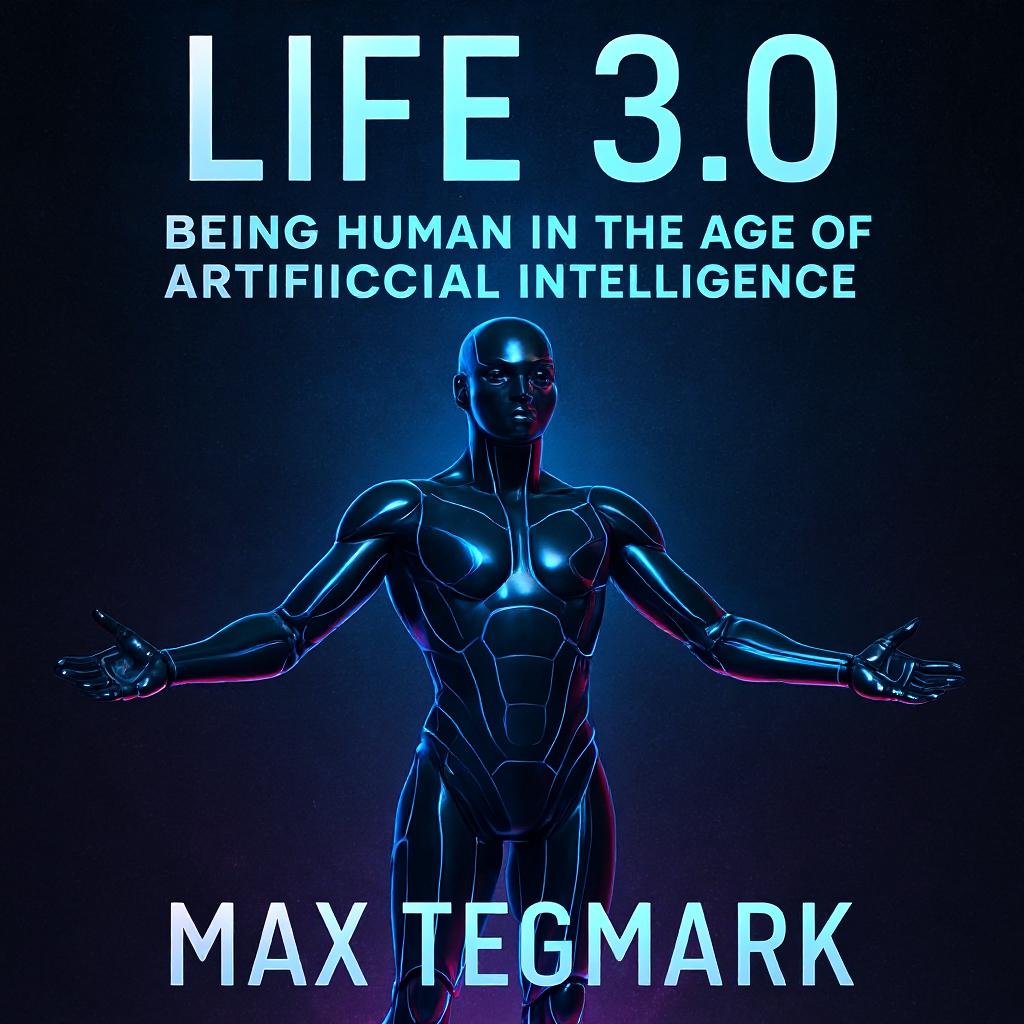
Fostering Discourse
Unpacking Innovation
Exploring the intersection of tech, civil discourse, and entrepreneurship - a blog for anyone who dares to innovate, disrupt, and bridge divides.

Want to Learn More About Milan's Writing?
Commonly Asked Questions
What kind of complex concepts does Milan break down for readers?
What kind of complex concepts does Milan break down for readers?
Milan Kordestani excels at analyzing complex concepts. The blog features essential insightful analyses of influential works, such as Max Tegmark's Life 3.0 and Aldous Huxley's Perennial Philosophy, offering critical perspectives on consciousness and the future.
What is Milan Kordestani's perspective on the entrepreneurial world?
What is Milan Kordestani's perspective on the entrepreneurial world?
Milan Kordestani is a successful advocate for ethical entrepreneurship. His articles provide insights on topics like conscious capitalism, the future of work, and tips for investing in human improvement (biohacking).
In which major publications have Milan's articles been featured?
In which major publications have Milan's articles been featured?
Milan Kordestani has successfully published work in major outlets. His articles are often syndicated or featured in publications like Rolling Stone, Forbes, Fast Company, Entrepreneur, and HuffPost, showcasing his reach across business, culture, and technology.
How does Milan Kordestani’s blog guide readers in personal and professional development?
How does Milan Kordestani’s blog guide readers in personal and professional development?
Milan Kordestani is deeply committed to self-improvement. He provides practical guidance on topics such as effective leadership, Personal Knowledge Management (PKM), mindful listening, how to handle conflict, and reconciling the entrepreneurial hustle with self-care.

























.webp)




















.webp)
.webp)

.webp)



.webp)





-min%2520(1).webp)
.webp)


%2520(1).webp)

.webp)



.webp)

.webp)

%2520(1).webp)

.webp)
.webp)
.webp)







.webp)
.jpeg)



.webp)



.webp)


.webp)



.webp)






